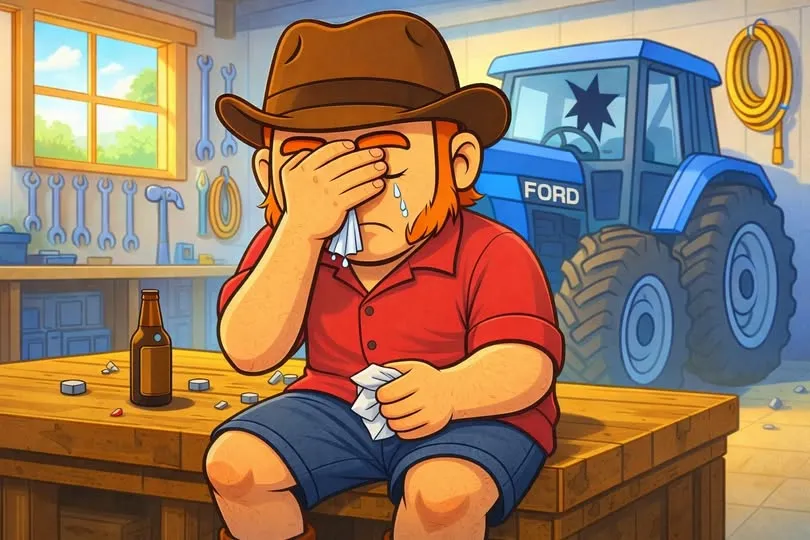Table of Contents
Lady Wellington
One thing that’s been bothering me for years is the fact that the older generations can’t seem to figure out what is a joke and what isn’t, or be able to tell fact from fiction especially on the internet. As someone who has grown up in a family who tell jokes all the time and has been brought up using the internet from a very young age, I hope to explain how my generation’s humour and what we were taught about the internet is reflected in how we interact with the world through the computer.
First off my generation (I am 22) were taught in school that you can’t believe everything you find on the internet. The best example I remember was being shown a website about the Pacific Northwest Tree Octopus. We were asked to tell the teacher if it was a real animal or if it was fake. It was an excellent experiment as there were plenty of sources and pictures to make it seem real but at the end, we were told it was a fake as all the evidence presented on the website was a lie.
Constantly having it hammered into our skull that the internet will lie to you and feed you misinformation taught my generation to take every bit of info with a grain of salt.
Which brings me to memes. Memes are like in-jokes from a friend group, except it has been expanded to the entire internet. The humour varies from being dark to absurdist. Some examples are below:
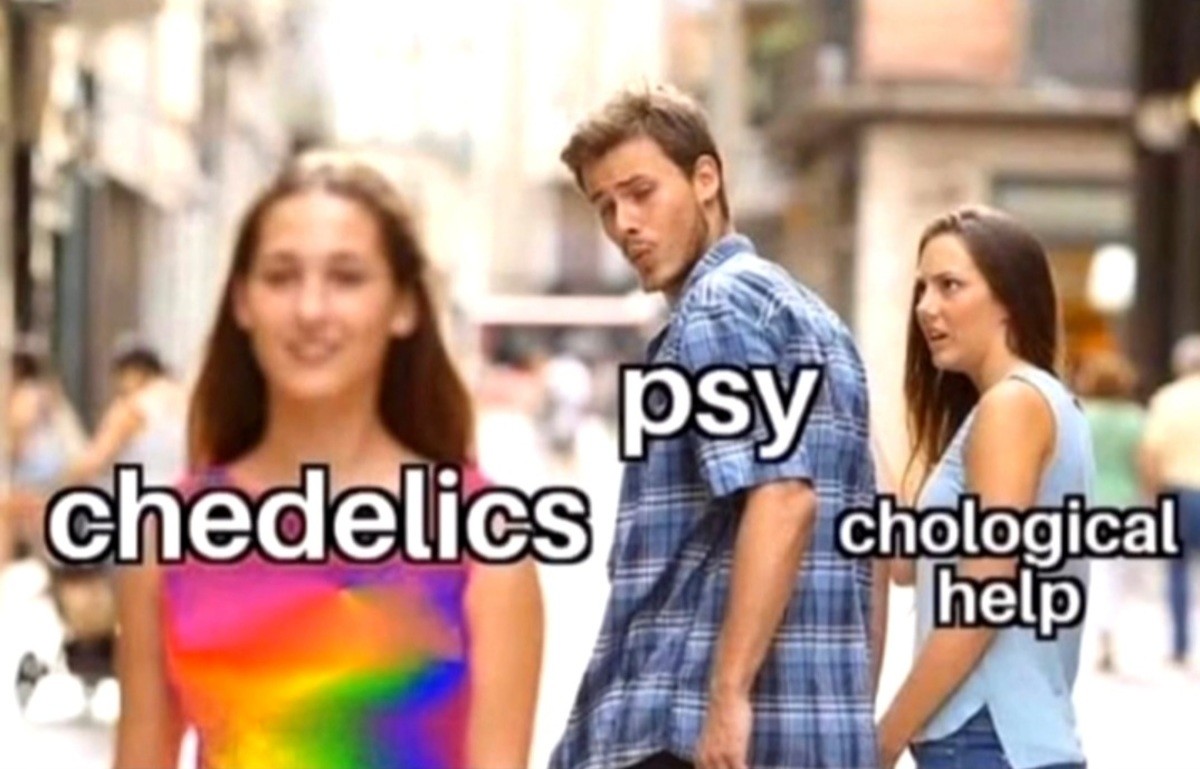
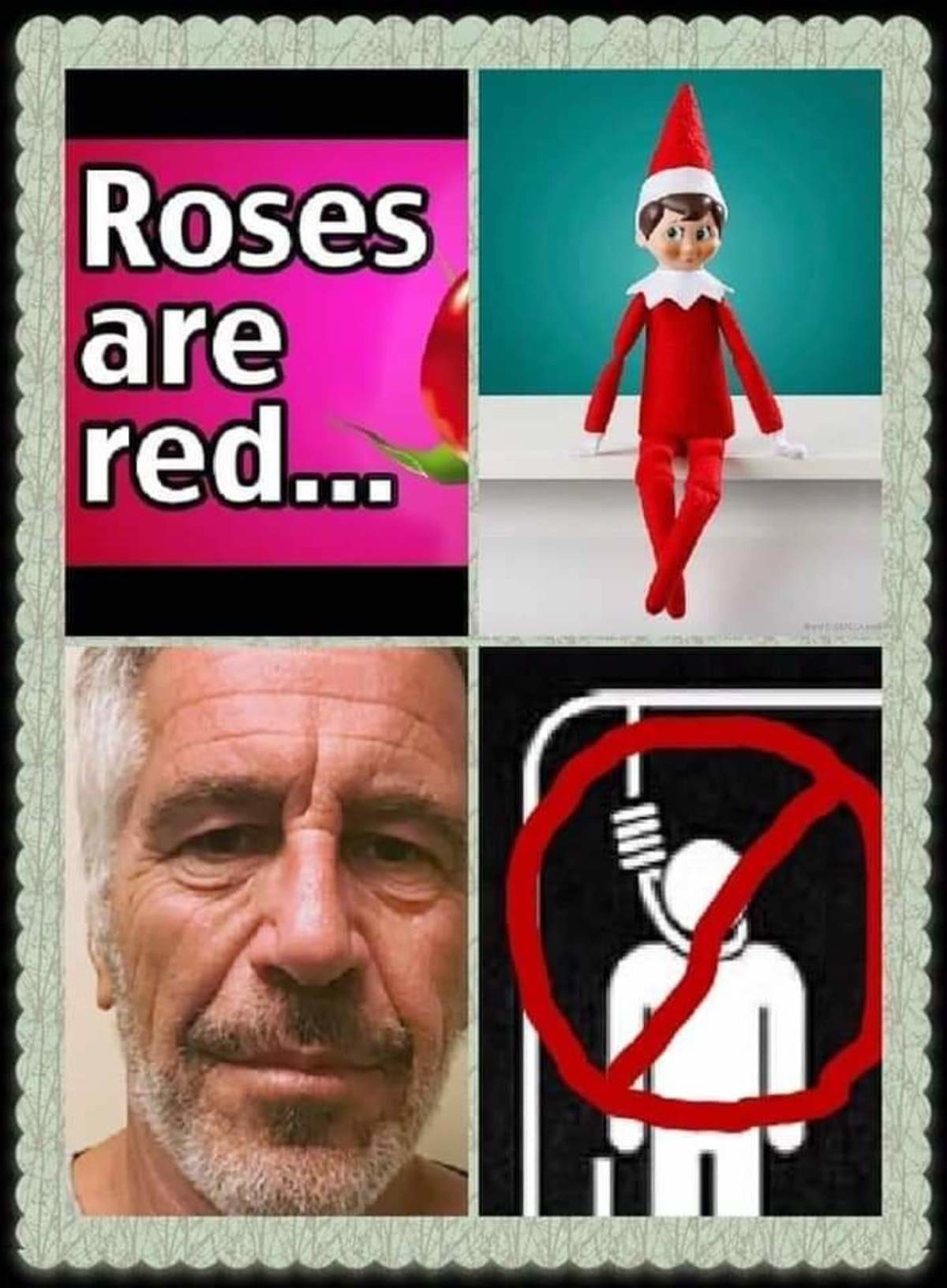
These are more modern examples of memes. The ones that have been described as hate speech are some of the earliest ones that have existed like Doge and Pepe.
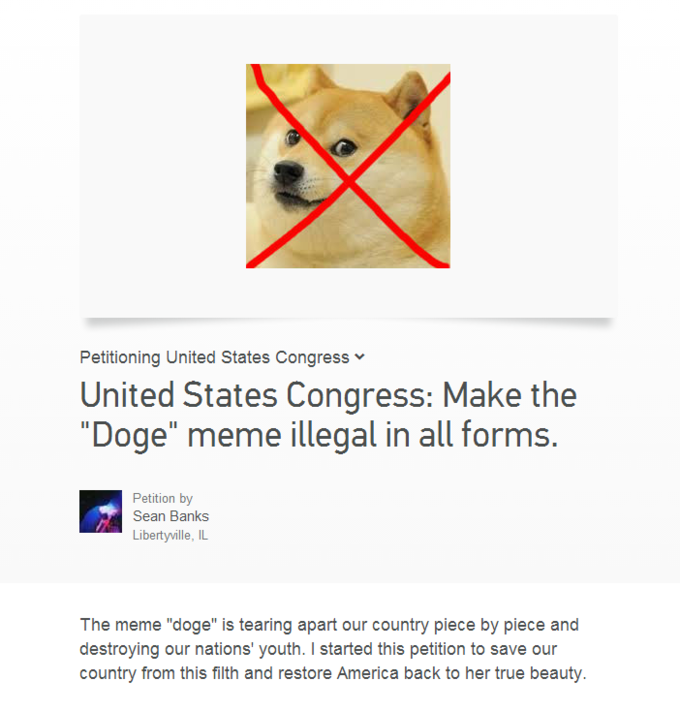
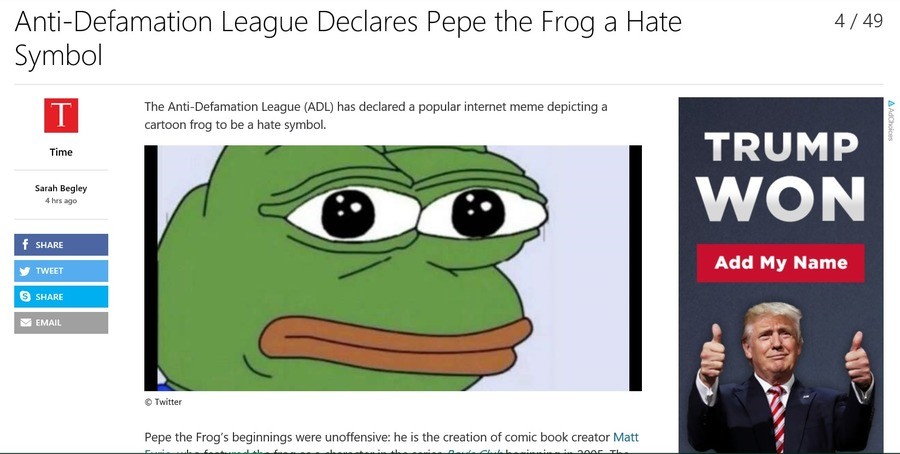
Both of these images were considered hate speech by people because the people using them were making fun of those the media didn’t want them to criticise. The origins of the images used are actually quite interesting as the creator of Pepe has since killed off the character in the comic boy’s club where the character is from, due to the fact that the media said he was a hate symbol.
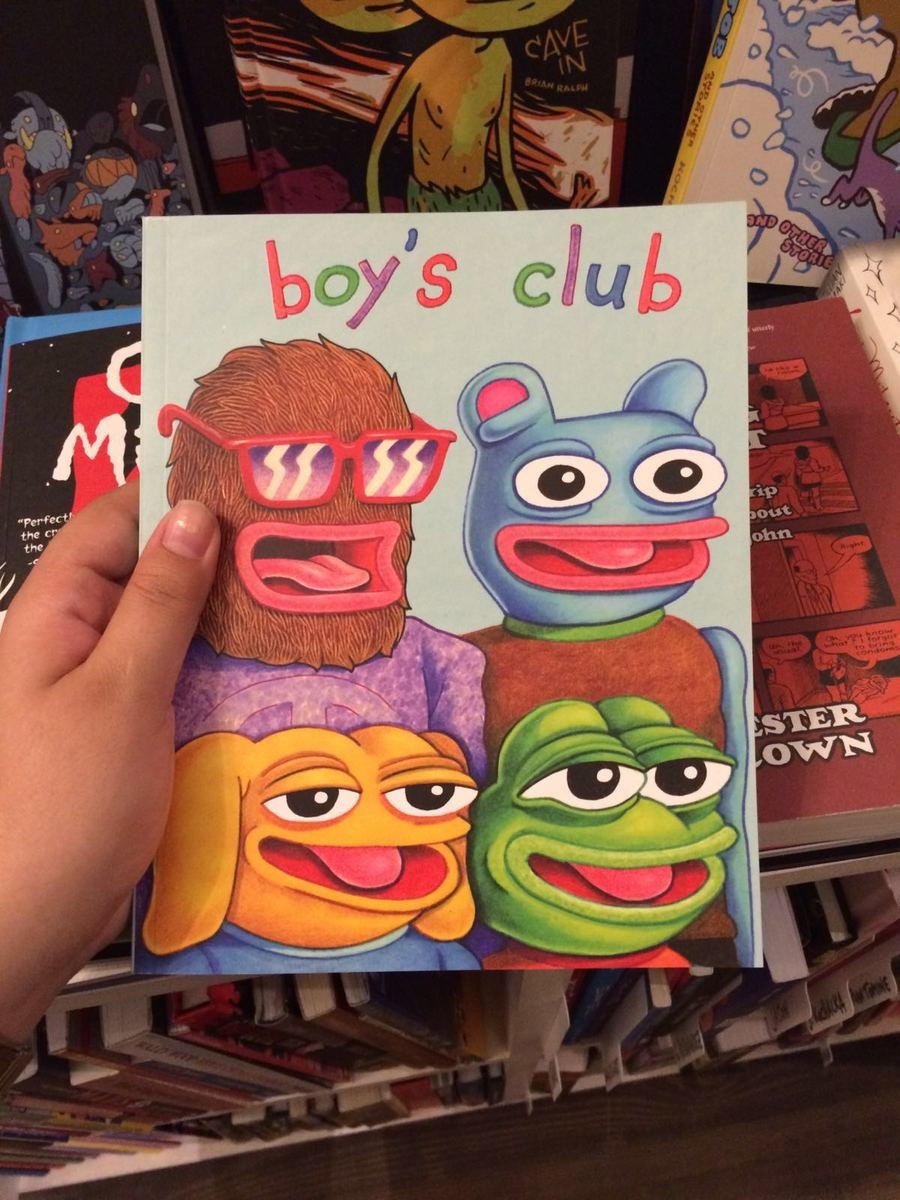
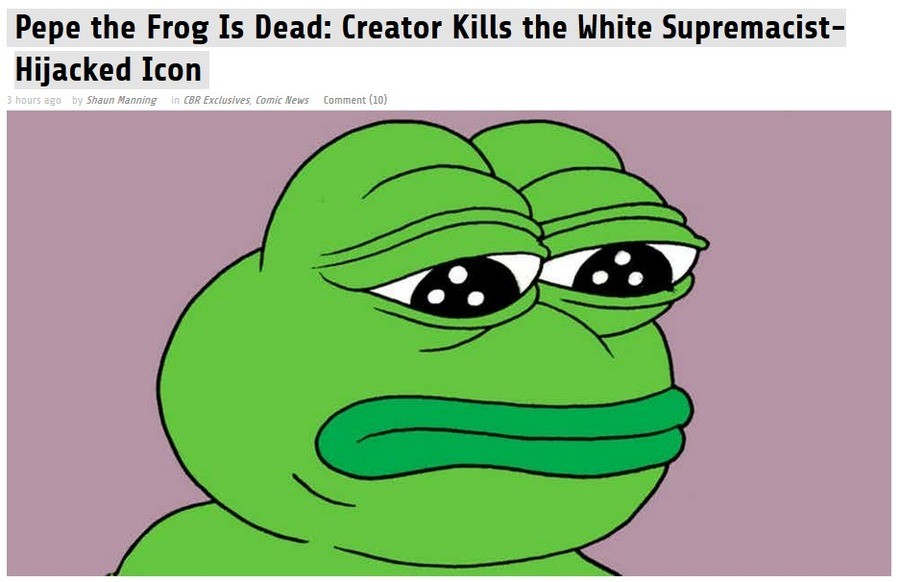
When I’ve seen these images used it has been for funny jokes which apparently other people don’t seem to understand. The Doge memes in recent years have gotten more wholesome and Pepe memes are mostly used for reaction images akin to emojis.
With both of these in mind and the fact that we were taught never to trust the internet without double checking everything and the fact that we like to make jokes not always to others’ taste I present you the ultimate joke. The internet made it to show that both the older generation and the media do not do their due diligence when researching what they call news.
The below image is a screenshot from a website called 4-chan explaining a plan to bait the media into spreading false information.
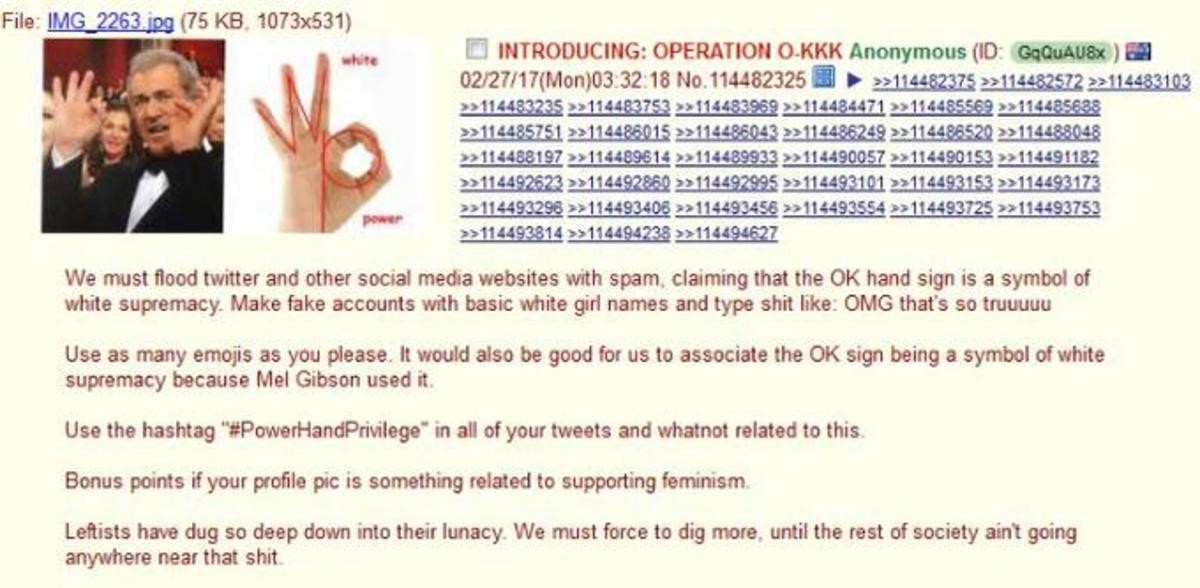
This was meant as a social experiment to see if the media would take the most obvious bait and make themselves look like complete idiots, which they in fact did.
This is because the older generations weren’t told not to trust the internet. It was just there for them and it had everything they needed: Up to date news, videos and a wealth of information that has got to be true right? They wouldn’t just let people put fake info on the internet, that’s insane, it must be true, like that email I got from that Nigerian prince.
The older generation simply wasn’t prepared for an environment where people would be intentionally deceitful. They were also too trusting of the media to even consider that they might not be telling them the absolute truth.
One of the many reasons the media are unreliable now is the blatant lack of fact-checking combined with unfamiliarity about how the internet is. They misunderstand jokes in the form of memes, making a complete ass of themselves to the point where they are now less trusted than the government.
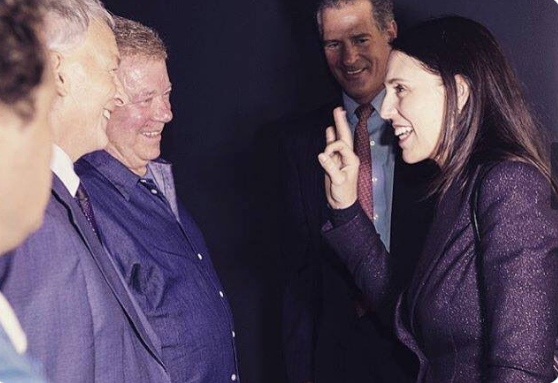
Please share this article so that others can discover The BFD.


